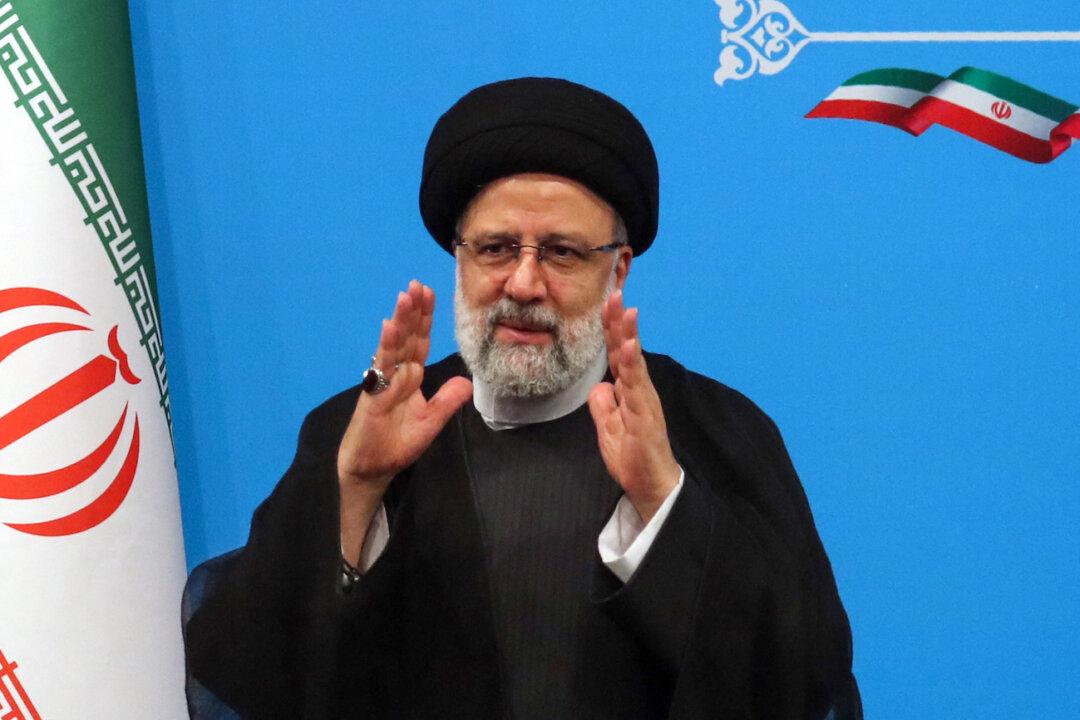Iran has moved to expel nuclear inspectors from the United Nations just days after the Biden administration authorized the transfer of $6 billion in frozen Iranian funds as part of a prisoner swap deal.
Rafael Mariano Grossi, the director general of the International Atomic Energy Agency (IAEA)—the U.N. nuclear watchdog that promotes the safe and peaceful use of nuclear technologies—said in a statement on Sept. 16 that Iran had informed him of its “decision to withdraw the designation of several experienced Agency inspectors assigned to conduct verification activities in Iran under the NPT Safeguards Agreement,” referring to the Non-Proliferation of Nuclear Weapons Treaty.




